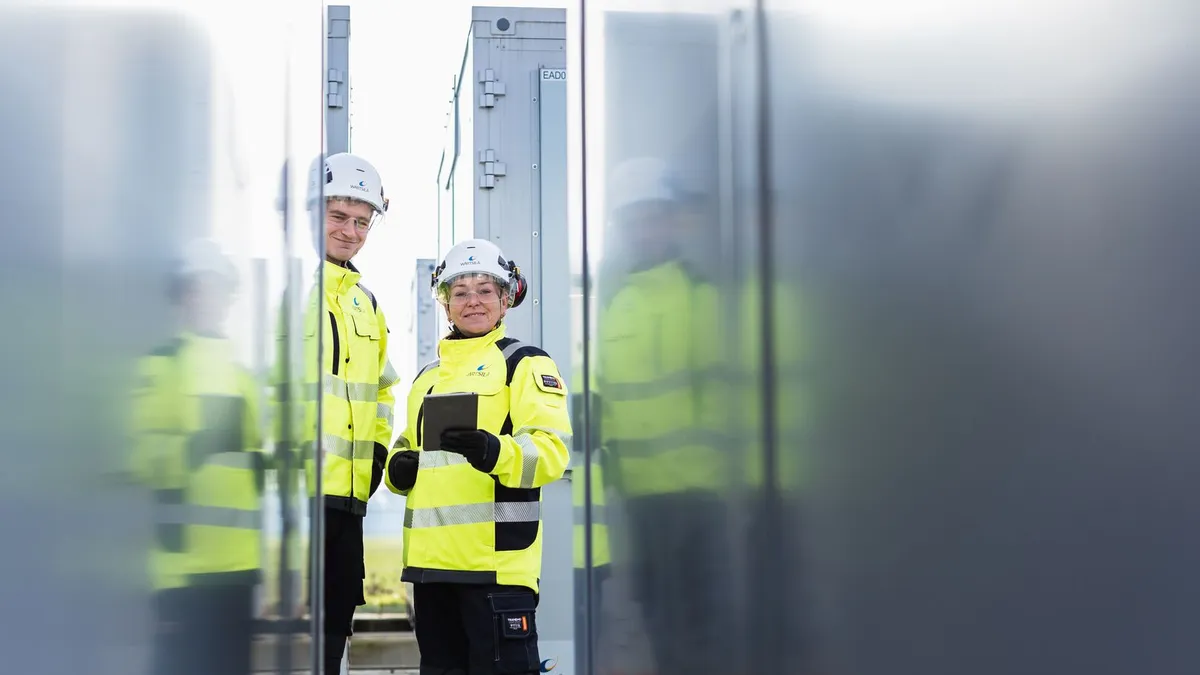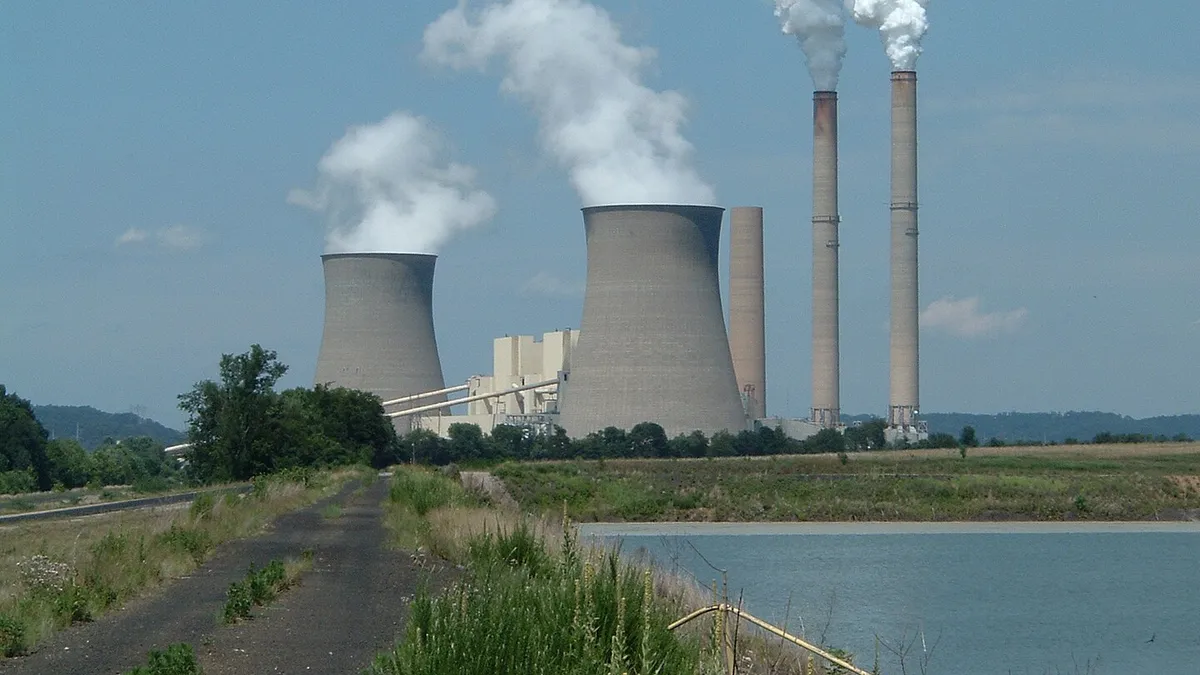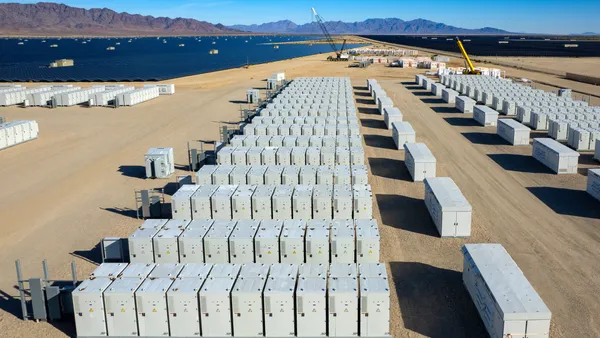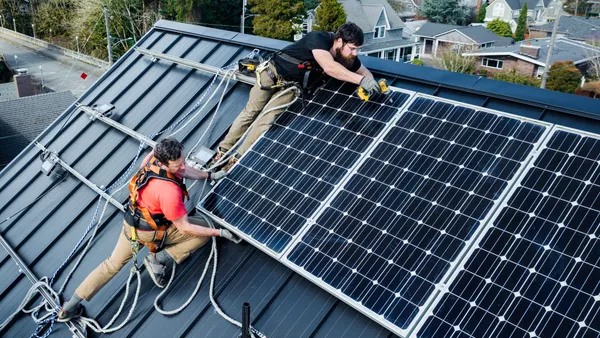Energy storage will play a pivotal role in the pursuit of a 100% renewable energy future. Battery energy storage systems (BESS) enable the seamless integration of renewables and stabilize power grids by balancing supply and demand, ultimately ensuring a reliable and efficient energy supply. As energy storage capacity rapidly expands worldwide, developers, utilities, and asset owners are prioritizing the environmental impact of their sites to meet regulations, especially as sites are built closer to residential areas. Leading BESS integrators are rapidly responding to meet—and even exceed—these requirements with advanced fire safety, noise mitigation, and sustainability features. For utilities, independent power producers (IPPs), and developers, selecting a BESS integrator partner that meets evolving environmental impact standards is key to ensure long-term success of the project.
Fire safety: Enhancing protection and prevention
Fire safety is a central challenge for the industry, as the risk of fire poses a public safety concern that demands solutions beyond standard regulatory compliance. With some energy storage systems being installed closer to residential areas, the importance of advanced fire safety measures has never been greater, because fire should never be seen as an inevitability. Any fire in the BESS industry is detrimental to progress for the whole industry. This is why developers must choose their partners diligently, prioritizing quality and safety for the protection of their long-term investment and the surrounding community.
This begins with choosing a proven, highly reliable battery cell manufacturer. Quality batteries, modules, and an effective battery management system (BMS) all play a crucial role in fire safety, as they can stop the propagation of fire by properly managing moisture, temperature, voltage, and more. Your BMS, in combination with a sophisticated energy management system (EMS), will also alert you if any cells are showing signs of failure so you can take proactive action. This maximizes the value of the fire safety controls from your BMS.
Another way to know if an integrator prioritizes safety is if they have invested in large-scale fire testing for their BESS. While large-scale fire tests exceed the standard industry requirements outlined in NFPA 855 and UL 9540A, we view them as imperative to ensure the safety of a BESS site. Wärtsilä has a long-time and strong partnership with CSA Group, that we proactively collaborate with to simulate worst-case fire scenarios. The testing involves intentionally setting fire to one unit to ensure that the fire safety features of the system work as intended and fire does not propagate to any surrounding units. A high-capacity BESS unit can burn for multiple hours if ignited, which is why it is crucial that the rest of your energy storage site and any other equipment nearby is not at risk of ignition. Our latest large-scale fire testing conforms to the forthcoming CSA C800 standard, which will set new benchmarks for the safety of energy storage systems in 2026. Additionally, selecting a solution that not only meets, but exceeds industry UL 9540A standards demonstrates a strong commitment to the safety of your BESS.
As the industry evolves and technology advances, the capacity within a BESS system also increases. Leading BESS manufacturers understand the risks associated with a high-capacity system and have designed advanced safety features within the unit to remove the risk of unit-to-unit propagation. Moreover, they have established relationships with local Authorities Having Jurisdiction (AHJs), first responders, and site operators to prepare for worst-case-scenario events. These local professionals are then trained on how to respond in the event of a fire threat or actual fire. Designing a BESS with fire safety as a priority is essential to protect the community, first responders, and the site. Ensuring first responders' safety requires proper training in handling this technology, making education a crucial part of a BESS integrator’s fire safety strategy and benefiting all stakeholders.
Meeting noise regulations through innovation and mitigation
Noise is another challenge essential to address as energy storage projects move closer to residential areas. Heightened noise regulations are already emerging worldwide, with the European Union and Australia imposing penalties for projects that exceed noise limits. Also, in the U.S., noise is becoming an increasing concern as energy storage projects are being developed closer to residential areas, unlike many existing sites that are situated in rural locations. Selecting a partner that has fitted its BESS with noise mitigation solutions and operational controls that can be tailored to specific project needs should be a priority to ensure compliance with local noise regulations. Similar to fire safety, excess noise from energy storage projects could become a hindrance to industry growth if not properly and proactively addressed. Lowering noise emissions also fosters positive relationships with project stakeholders and encourages community support.
Prioritizing sustainability in BESS engineering and design
As part of the clean energy movement, we believe BESS providers should prioritize the environmental footprint of their solutions. This is why Wärtsilä’s latest energy storage system, Quantum3, was developed with an even stronger emphasis on environmental sustainability. The system features a cooling system with a low global warming potential and an optimized thermal management system to minimize auxiliary power consumption.
By proactively enhancing fire safety measures and reducing noise and greenhouse gas emissions, energy storage asset owners and operators can support long-term growth while contributing to environmental sustainability. Those who take the lead in addressing these critical issues will be better equipped to meet evolving regulatory demands and gain a competitive edge in the clean energy economy. Now is the time to act, ensuring that innovation goes hand in hand with safety and community well-being.










